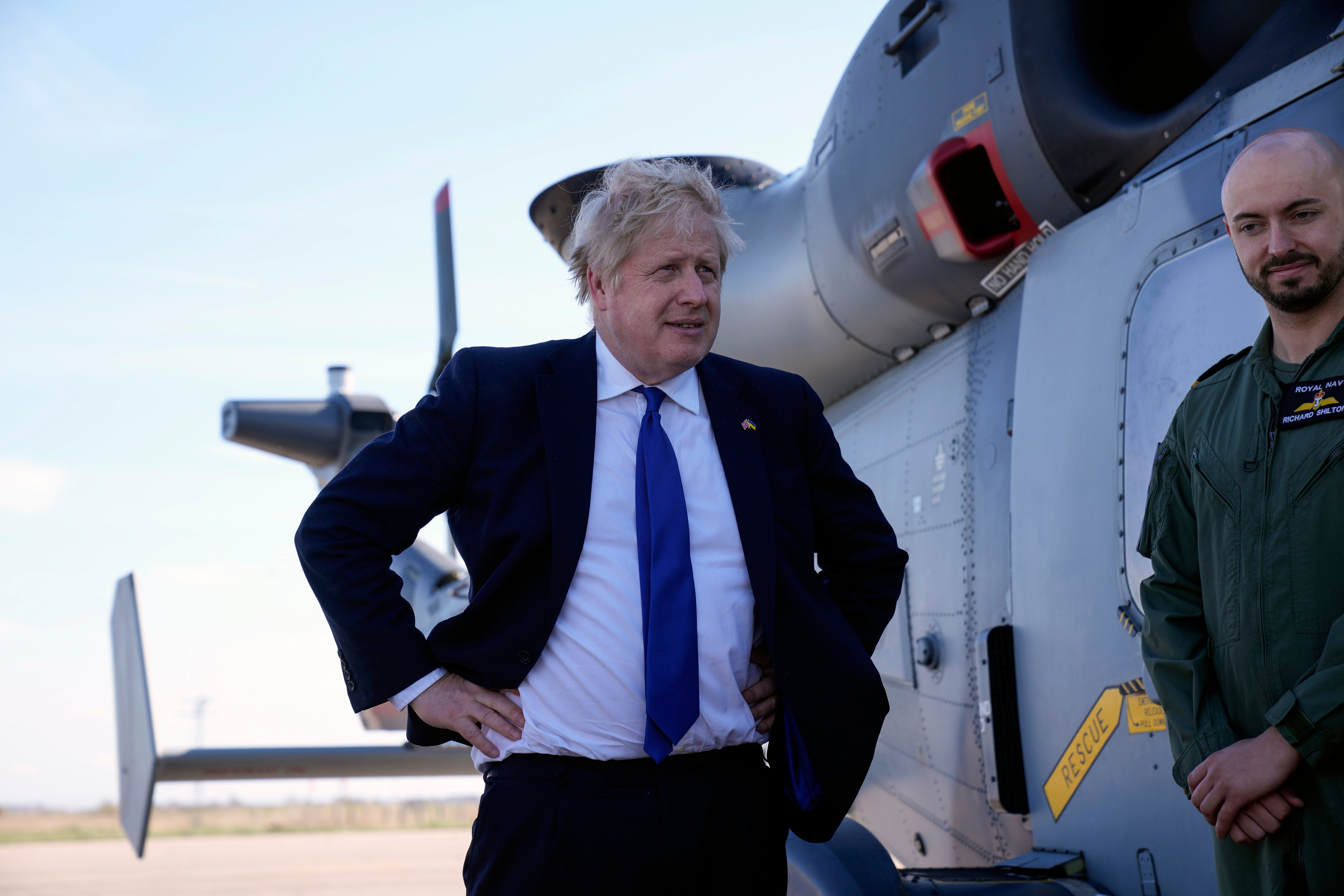Will Rwanda asylum deal win back Tory voters in time for May elections?
Offshoring humans has all the hallmarks of Johnson’s longtime election adviser, Lynton Crosby, writes Sean O’Grady


At first sight, it very much looks like Boris Johnson’s strategy for the council and devolved parliamentary elections on 5 May is to mobilise the “base”.
Turnout is traditionally lower in such elections, and disillusionment with the government is probably more widespread than committed voters switching to Labour or other opposition parties. If staying home is a half-hearted protest against the cost of living crisis, the spring statement and Partygate, then it can still do some damage to the Conservatives. More to the personal point, a truly awful result would pile on the pressure on worried Tory MPs to find themselves a more palatable leader.
The answer is to boil the blood of those who get wound up by refugees arriving on dinghies, and who are still waiting for the Brexit bonus they were promised back in 2016 – taking back control of borders. As Theresa May acknowledged shortly after the result, immigration was a driving force in the referendum and our politics, and it remains so. Indeed, it is the most divisive and powerful of the “culture war” issues the Tories look to when in times of trouble.
Although not entirely a piece of tokenistic political spin, the Rwanda plan has the welcome side effect for Johnson of dividing and confounding the opposition parties, and moving the debate off Partygate. Though the breaking of lockdown rules has lost some of its potency, it is still corroding trust and confidence in the government. A promise to send Iraqi young men to Rwanda for no good reason is a fine conversation-changer.
The presentation of the radical, not to say bizarre, policy was hardline in tone – “one-way ticket” – and Priti Patel and Johnson were at their most cynical in their claims for it. The prime minister also portrayed these asylum camps as a Brexit opportunity. He sounded as if he is looking forward to a fight with the liberal left, churches, human rights groups, the courts and parliament. “I know there will be a vocal minority who will think these measures are draconian and lacking in passion and I simply don’t agree.” It is an approach often associated with his celebrated adviser, Lynton Crosby.
So extreme is the policy, however, that it seems unlikely to attract any converts to Johnson’s brand of brutal populism. Depending on what question is asked, many voters are more sympathetic to genuine asylum seekers, and increasingly so after the Afghan retreat last autumn and the war in Ukraine. The experience of labour shortages post-Brexit has also made some rethink their attitude to immigration more broadly.
As for timing, it may have arrived a little early to make much impact on the May elections. Whatever else, the Rwanda plan, which carries an air of unreality about it, won’t reduce anyone’s gas bill, make a GP appointment easier to secure or put an extra police officer on the streets. Indeed, the policy, if it worked at all, would serve only to worsen labour shortages and raise the cost of living. It will save some council seats for the Tories, at the margin, and make Johnson’s chances of survival a little better than otherwise. From his viewpoint, that might seem worth it.
Subscribe to Independent Premium to bookmark this article
Want to bookmark your favourite articles and stories to read or reference later? Start your Independent Premium subscription today.



Join our commenting forum
Join thought-provoking conversations, follow other Independent readers and see their replies
Comments